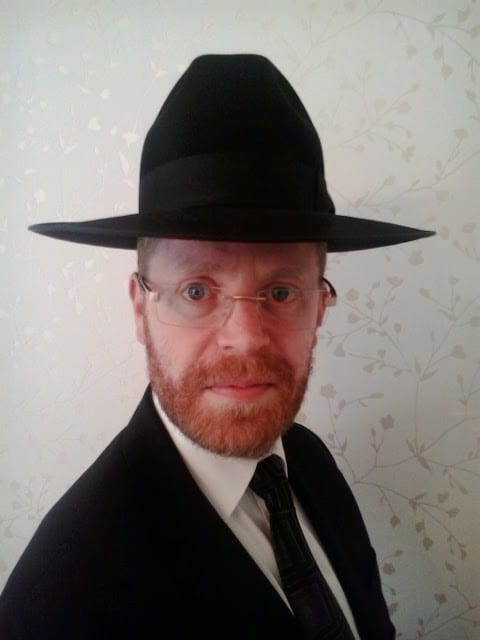
I once found myself in discussion with a young woman who objected to the perceived inequality of a Jewish wedding. She observed that under the Chuppah, although the groom has a small speaking part, the bride says nothing – which to her smacked of sexism.
I explained that in truth the bride’s silence coupled with her public acceptance of a ring was the most powerful statement of intent even more significant than anything she could have said or that the groom did say. In fact, what the groom has to say is virtually immaterial, unless he offers the bride the ring and until she is witnessed to have accepted it, he could recite the most beautifully eloquent and moving poem to his beloved and it would mean nothing, no act of marriage will have taken place.
As the 19th century French politician Pierre-Joseph Proudhon said, ‘When deeds speak, words are nothing.’
Perhaps this can help us understand why the fourth book of the Torah is called Bamidbar – ‘in the desert’ and, as it is read prior to Shavuot, why the Revelation at Sinai took place in such an environment.
It may be somewhat paradoxical that the Hebrew word ‘midbar – desert’ has the same root as the word ‘davar’ meaning ‘word’ and has the same letters as ‘medaber – speaking’. For it is in the desert that the Jewish people, not only see, but hear revelation – the word of G-d and yet such an uninhabited place is synonymous with silence, the quiet associated with the absence of speaking.
However, the power of silence is highlighted by the episode of the death of Aharon’s two sons Nadav and Avihu. Moshe explains to his brother why they died and the Torah records Aharon’s reaction – he is silent and says nothing – a response which is highly commended and speaks volumes about his character.
And so we discover that not only is silence a sign of greatness but we also witness that where there is silence great things can happen. The Torah was given in a background of no noise, even the Jewish people, not known for being taciturn or tongue-tied, limited themselves to just two words at this juncture saying only, ‘na’ase v’nishma – we will do and we will understand.’
As King Solomon phrased it so profoundly in Kohelet, ‘There is a time (and place) for everything…a time to be silent and a time to speak.’ Rashi explains that sometimes a person is silent and receives a reward, as it is said ‘and Aharon was silent,’ and he merited that the Divine speech be especially addressed to him, as it is said: ‘And Hashem spoke to Aharon’.
So as the Jewish people and G-d, bride and groom stood under the Chuppah in the desert at Sinai there had to be silence to allow that most powerful and everlasting bond of national matrimony to be effected.







